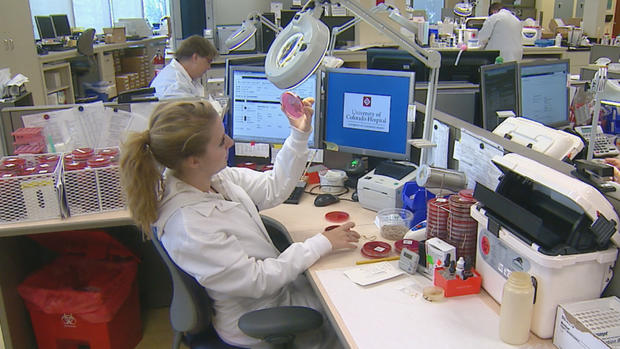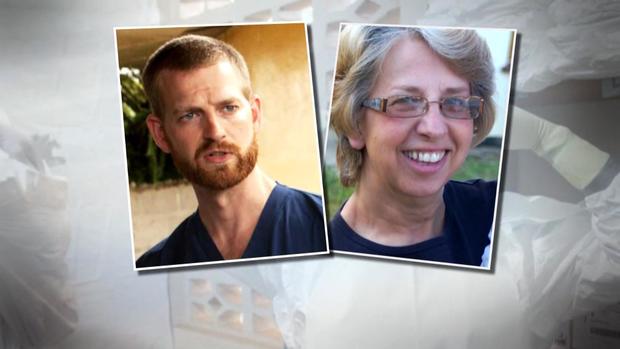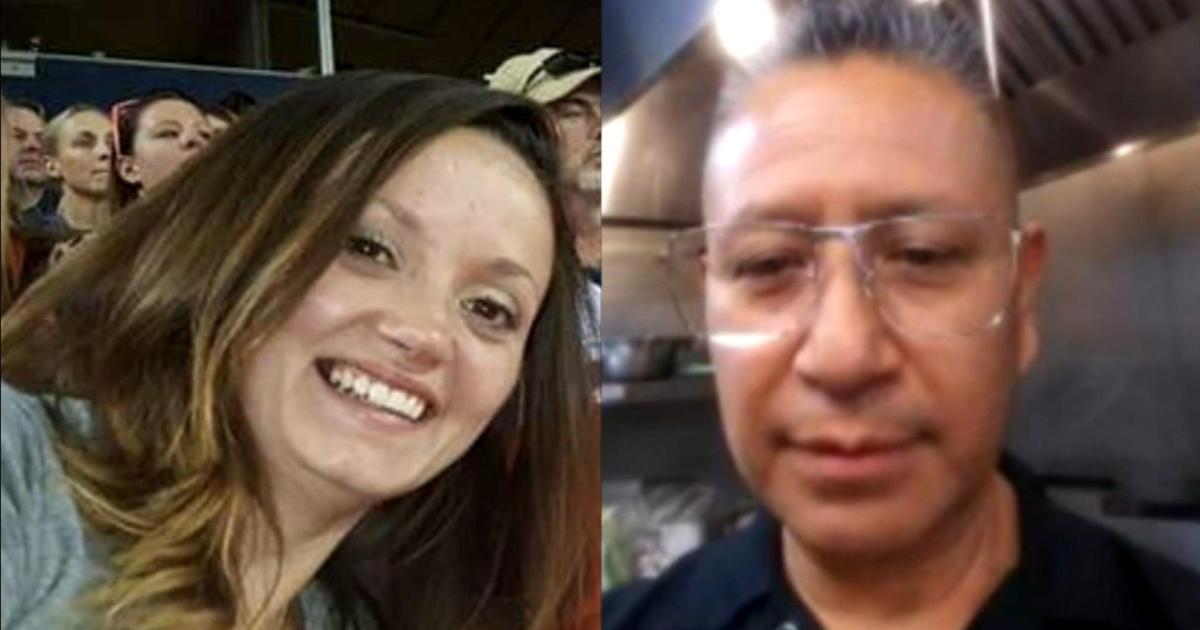Local Infectious Disease Expert: Many Misconceptions About Ebola
AURORA, Colo. (CBS4)- An infectious disease specialist at the University of Colorado Hospital said those protective space suits doctors are wearing among some Ebola-infected patients won't be seen in their hallways.
Two American aid workers have recovered from Ebola and left an Atlanta hospital, after weeks of intensive treatment in a special isolation unit. They were first two Ebola patients ever brought to the United States.
Dr. Kent Brantly was released from Emory University Hospital on Thursday, nearly one month after he first developed Ebola symptoms while working in West Africa's Liberia.
One of his colleagues in Liberia, Nancy Writebol, was quietly released Tuesday. She graduated from Evergreen High School in Colorado.
Dr. Michelle Barron, the Director of Infections, Preventions and Control at the University of Colorado Hospital, said there are many misconceptions about Ebola.
"I think people assume that once you get it everybody dies," said Barron.
Barron said there are a lot of factors that play into a patient's ability to recover, "It's not one that once you've had it, like chicken pox, that the virus is always with you.
"The conditions we have here in the United States versus what they have in Africa are extremely different. We have real floors. We have special air handling. We have sufficient gowns and gloves. They don't even have some of the basic things that they need there so it makes things more challenging," said Barron.
Brantly and Writebol were both given an experimental drug in addition to their other treatments but it's not known what role it may have played in their recovery.
Barron said it is a step in the right direction, "If you had something you could give immediately and have an effect, it's progress for science and progress for health."
Barron said someone who has been infected with Ebola is typically treated with a lot of fluids and blood transfusions, that are not readily available in West Africa where the outbreak is now the largest of its kind.





